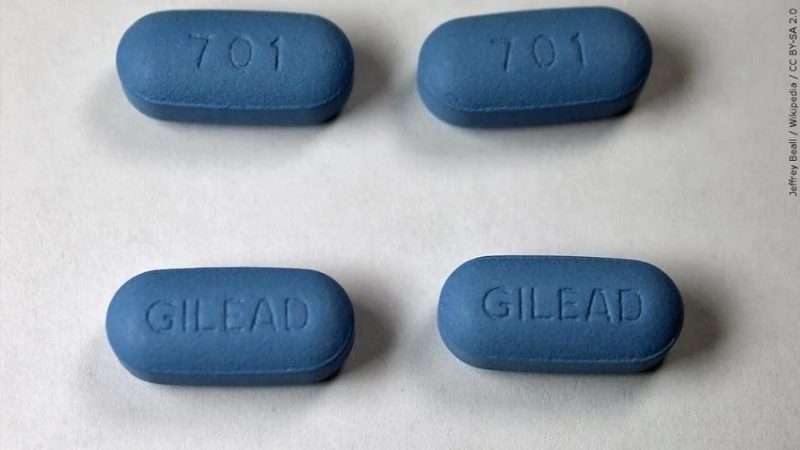Medford, OR – The Oregon House of Representatives has passed a bill aimed at expanding access to HIV prevention medication across the state. On Monday, lawmakers approved House Bill 2942, which would ensure that both pre-exposure prophylaxis (PrEP) and post-exposure prophylaxis (PEP) are reimbursed by the Oregon Health Plan (OHP).
The bill, which received bipartisan support, is co-sponsored by Rep. Travis Nelson, a Democrat representing North and Northeast Portland, and Rep. Cyrus Javadi, a Republican from Tillamook. The legislation is seen as a significant step toward improving public health efforts and reducing the spread of HIV in Oregon.
Rep. Nelson, one of the bill’s chief proponents, expressed that PrEP and PEP are essential tools in the fight against HIV. “Together, these medications are game changers in reducing exposure risk and lowering HIV rates across Oregon,” Nelson said. “By ensuring pharmacists can be reimbursed for PEP and PrEP for all patients, this bill will improve access to critical HIV prevention tools and support public health efforts statewide.”
The bill is particularly timely given the ongoing discussions about healthcare access in rural areas of Oregon. Many rural counties face challenges in providing comprehensive medical care, and La Clinica in Jackson County has faced significant hurdles in meeting the growing demand for services. The clinic recently expanded its provider base after being designated a Health Professional Shortage Area (HPSA) by the Health Resources and Services Administration.
In Medford, the HIV Alliance has also been vocal about the need for improved access to prevention medications. The organization reported that shortages of PrEP and PEP medications have been a persistent issue in rural hospitals, particularly following the passage of HB 2574 in January 2024.
Rep. Javadi, who has focused on healthcare accessibility in underserved communities, emphasized that ensuring broader access to HIV prevention medications is a matter of public health equity. “We have the tools to prevent HIV—but they only work if people can actually get them,” Javadi said. “This bill makes sure that wherever there’s a pharmacy, there’s access to critical care, especially in places where doctors are scarce.”
With the passage of HB 2942 in the House, the bill now heads to the Oregon Senate, where it will undergo further debate and scrutiny. If passed, it could pave the way for more equitable access to HIV prevention resources and play a crucial role in reducing the transmission of the virus in Oregon.
For many advocates and healthcare professionals, this bill represents a significant milestone in the ongoing effort to make life-saving HIV prevention tools available to all Oregonians, regardless of where they live.

